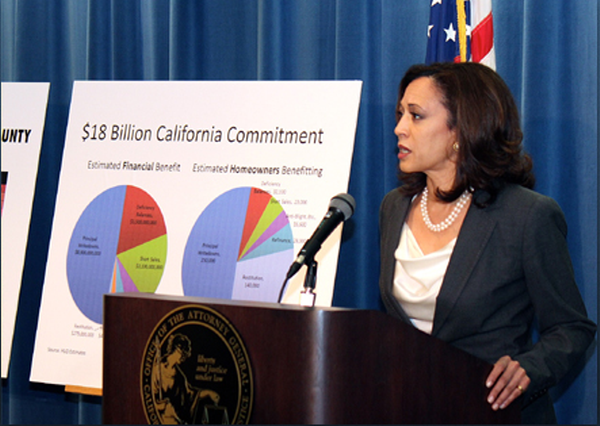Sunday Commentary: He Saved the Kings, Now Can He Save the Paupers Too
 I will start with a few huge qualifiers – I am a big Kings fan. When I arrived in Davis in 1996, the Kings were not much to speak of but I was intrigued by how much people were still into the team. A few years later, they made the critical trade to get Chris Webber and built a team that was an unlucky rim bounce (which turned into a game winning three) and a refereed thrown game from a possible championship.
I will start with a few huge qualifiers – I am a big Kings fan. When I arrived in Davis in 1996, the Kings were not much to speak of but I was intrigued by how much people were still into the team. A few years later, they made the critical trade to get Chris Webber and built a team that was an unlucky rim bounce (which turned into a game winning three) and a refereed thrown game from a possible championship.
I also admired the work that Sacramento Mayor Kevin Johnson did in saving the Kings. After all, the owners were intent seemingly on moving the team, and only Mayor Johnson’s dogged determination prevented that from happening.


 Earlier this week, someone asked essentially why I am so concerned with the city’s fiscal picture while I seemingly fall in line with partisan bias on the nation’s debt picture. The answer to that question is both simple and complex.
Earlier this week, someone asked essentially why I am so concerned with the city’s fiscal picture while I seemingly fall in line with partisan bias on the nation’s debt picture. The answer to that question is both simple and complex.



 By E. Roberts Musser
By E. Roberts Musser 

 Among my biggest pet peeves in politics are those politicians who argue that we need to run government like a business. I understand the sentiment and the desire to be fiscally prudent, but at the same time, government is not a business.
Among my biggest pet peeves in politics are those politicians who argue that we need to run government like a business. I understand the sentiment and the desire to be fiscally prudent, but at the same time, government is not a business. Sacramento City Manager Contract Shows Us Business As Usual Continues –
Sacramento City Manager Contract Shows Us Business As Usual Continues –
 By Assemblymember Mariko Yamada –
By Assemblymember Mariko Yamada –  The general attitude towards taxation has been that people want services, they want quality education, and they are willing to raise taxes but not on themselves. Why do I bring up taxes? Because I am about to contradict that theory.
The general attitude towards taxation has been that people want services, they want quality education, and they are willing to raise taxes but not on themselves. Why do I bring up taxes? Because I am about to contradict that theory.